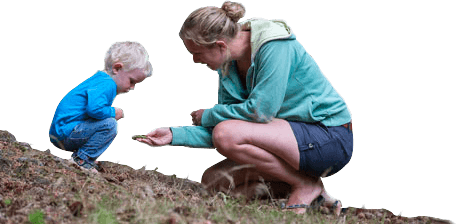| Improved physical health
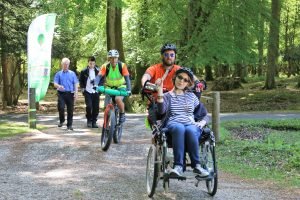
Exercise from regular walking, cycling and running helps us keep fit, lose weight and remain active – and reduces the pressure on the NHS. |
|
|
Loss of tranquillity
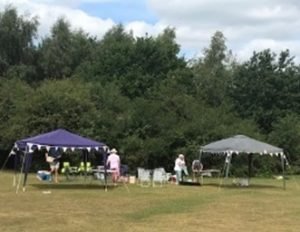
Over time, incremental increases in recreation and associated facilities can reduce the sense of tranquillity and untouched wilderness – some places are best left untouched and hard to reach!
|
|
| Improved wellbeing
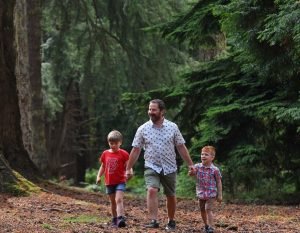
Time spent outdoors connecting with nature helps develop and maintain our mental health and reduces dependence on social care providers |
|
|
Harmed livestock
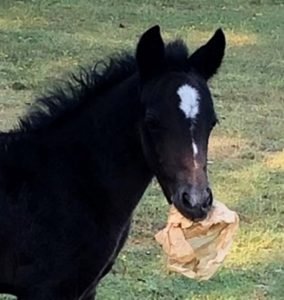
The grazing of the commoners’ animals is vital to the Forest habitats – they should not be approached, petted or fed by people or chased by dogs, and they are vulnerable to road traffic incidents.
|
|
| Stronger local economy

Outdoor visits often include spending money on accommodation, food and drink, parking or entrance fees and local produce – vital for local businesses and residents. |
|
|
Polluted habitats
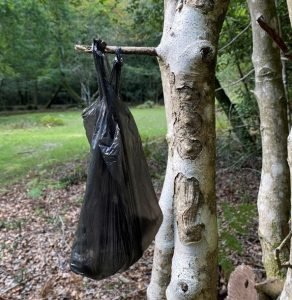
Wildlife habitats are easily contaminated by litter, nutrients from dog waste and chemicals in grey waste from campervans.
|
|
| Healthy environment
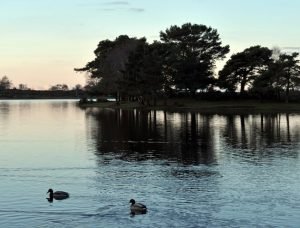
By walking and cycling we are less likely to use a car, resulting in lower carbon emissions, better air quality and reduced impact on the climate. |
|
|
Wildlife disturbance
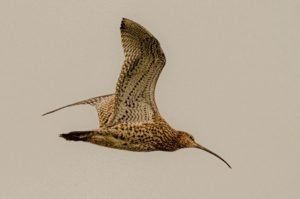
Ground-nesting birds are easily scared away from their breeding sites; fewer pairs attempt to breed, fewer young are raised and the populations decline.
|
|
| Life-long ambassadors
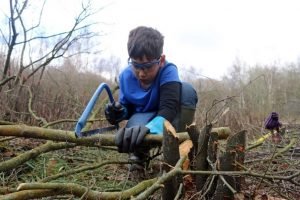
People who spend time enjoying the New Forest are more likely to learn about, value, care for and speak up for it. |
|
|
Wild fires
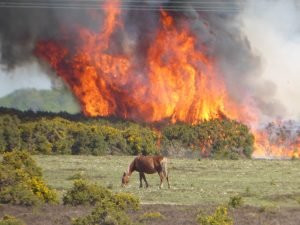
Fires caused by BBQs, campfires, discarded glass bottles and cigarettes kill wildlife, destroy habitats and create long-term changes to soils and vegetation.
|
|
|
|
Erosion
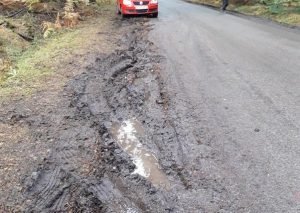
Protected plant species, valuable grazing and even the ground itself is easily compacted or worn away by verge-parked cars, bicycles on soft tracks and large numbers of people at ‘honeypots’.
|
|
|
| Obstruction
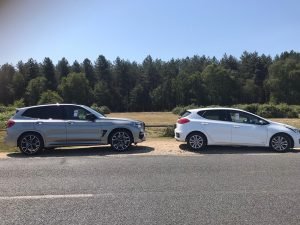
If gates are blocked, access for land and livestock management and emergencies is hindered, and roads choked with parked vehicles are dangerous to walkers, cyclists and horse riders. |
|
|
| Harvesting
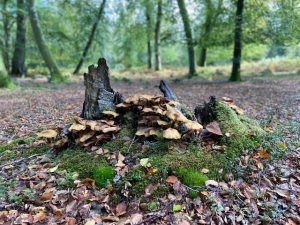
Fungi and dead wood are essential to the New Forest’s ecosystem and should not be collected – they should be left for wildlife and other people to enjoy. |
|














